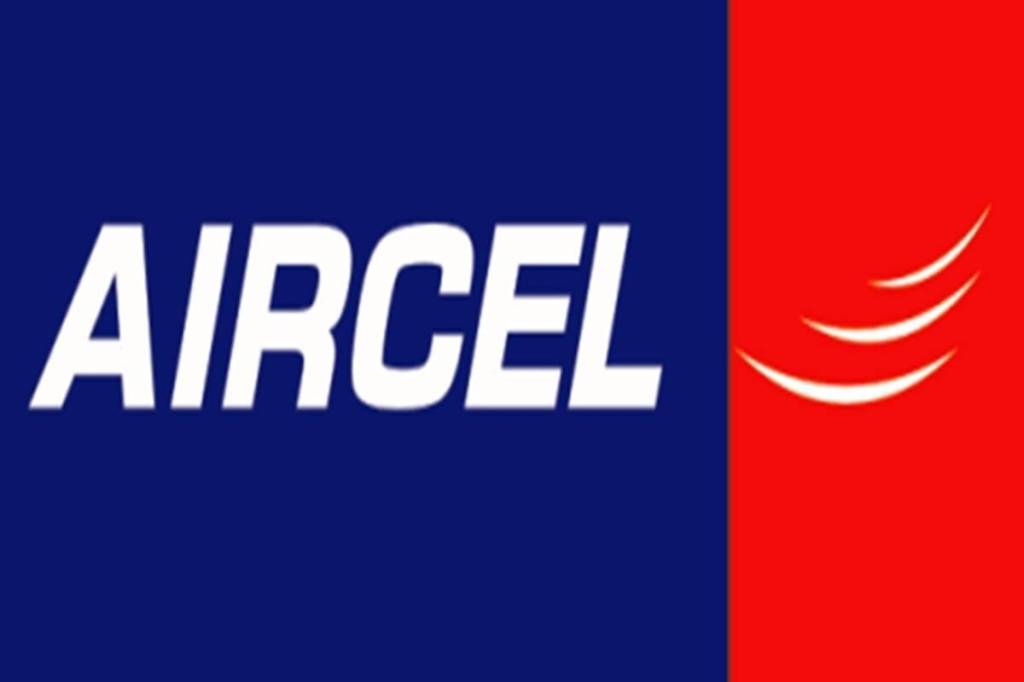The committee of creditors of Aircel and the successful bidder, UV Asset Reconstruction Company (UAVRCL), have challenged in the Supreme Court the order of the National Company Appellate Tribunal (NCLAT) pronounced on April 13, which ruled that spectrum can be transferred as part of insolvency resolution plan but only after clearing all government dues. The CoC’s petition has said that the appellate tribunal failed to consider that the provisions of Insolvency and Bankruptcy Code (IBC) overrides the universal access service licence conditions, tripartite agreement and the spectrum trading guidelines.
The NCLAT order had maintained that the department of telecommunications in the Aircel bankruptcy case is an operational creditor, but still the clauses relating to spectrum trading guidelines and licence agreement stipulate that government dues need to be cleared in full before spectrum is transferred and can be further used.
Challenging the order, State Bank of India on behalf of CoC of Aircel entities has said in its petition that NCLAT’s direction to settle DoT’s dues first would amount to preferential treatment to the government department, which happens to be an operational creditor, and therefore, “amounts to discrimination against other operational and financial creditors of the Aircel entities”.
It has said that the NCLAT judgment is “inherently contradictory” in as much as that on the one hand it holds that the right to use spectrum is an intangible asset of the corporate debtor, the right to use the spectrum can be subjected to insolvency proceedings and DoT is an operational creditor, on the other hand it ruled that the natural resource shall not be available for use without payment of requisite dues, which cannot be wiped off by triggering the corporate insolvency resolution process under the Insolvency and Bankruptcy Code.
The CoC has said that DoT being an operational creditor in this case cannot be paid in priority over other financial and operational creditors.
UAVRCL also contended that NCLAT’s conclusion was manifestly incorrect, contrary to the underlying scheme of IBC as also inherently incompatible with the other findings.
A SC bench led by justice S Abdul Nazeer sought response from the Centre, insolvency resolution professional and others on the two appeals. Solicitor General Tushar Mehta also informed the bench that the Centre is also filing the appeal against the NCLAT judgment.
The NCLAT order, which was pronounced on April 13, was in the matter of Aircel, where the Mumbai bench of the National Company Law Tribunal had in June 2020 approved a Rs 6,630-crore resolution plan of UAVRCL. The DoT had challenged this in NCLAT last year in September on the ground that spectrum does not belong to telecom operators but is given to them on lease and upon non-payment it has the right to seize it back.
Though the NCLAT order relates to Aircel’s insolvency, it would have implications on similar proceedings of another company, Reliance Communications. There also the committee of creditors have approved UVARCL’s resolution plan.
Both Aircel and RCom owe adjusted gross revenue dues to the DoT. While the dues of Aircel stand at Rs 12,389 crore, RCom’s is at Rs 25,199.27 crore.

